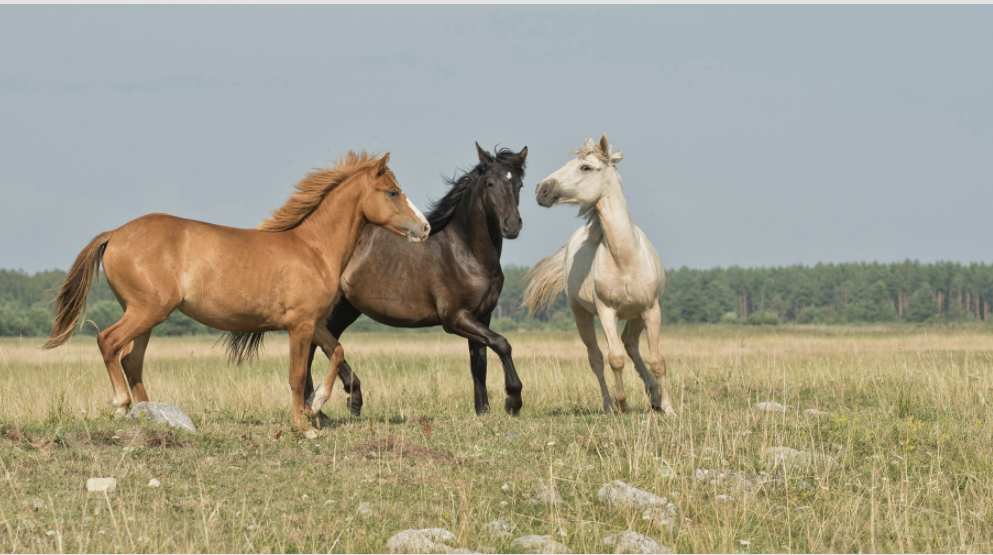
LOCAL
Another large pork processing plant closes due to outbreak among workers
JBS USA closed its Worthington, Minnesota pork processing plant this week after 26 employees and several of their relatives tested positive for COVID-19. JBS USA represents the North American arm of the Brazilian-based company, JBS SA, the world’s leading animal protein processor. The Minnesota plant processes 20,000 hogs per day, accounting for 4% of the country’s pork supply. It is also Worthington’s largest employer. JBS USA says it will continue to pay its 2,000 employees while production is idled.
The closure is another setback for Midwestern hog farmers after two other large processing plants in South Dakota and Iowa closed in the last two weeks. Farmers face new challenges as they locate other large plants to send their hogs. Officials are working with other processing plants to expand their capacity and improve workplace health guidelines.
These closures are among a nation-wide trend of COVID-19 illnesses among meat processing and meat packing workers. Beef plants in Colorado and Pennsylvania have closed. A Tyson Foods plant in Iowa closed after 180 of their workers tested positive for coronavirus. A Cargill beef plant in Pennsylvania closed after 164 workers tested positive. And Hormel’s Rochelle Foods plant in Illinois closed after 29 workers tested positive and 200 others were placed under quarantine.
Star Tribune
Bloomberg
NATIONAL
Georgia governor plans to reopen businesses despite warnings
Governor Brian Kemp of Georgia announced plans on Monday to begin incrementally reopening businesses in the state. His announcement followed the White House’s announcement of tiered guidelines, which propose incremental reopenings based on a minimum criteria of decreasing trends of reported flu-like illnesses, COVID-19 syndromes, and COVID-19 cases within a 14-day period.
Georgia reported 5,700 new cases last week and 60 new deaths over the weekend. Although this case number is lower than the week prior, it was higher than the first week of April. Additionally, testing rates vary widely from state to state and Georgia is among the states with the lowest testing rate per capita.
Despite this, Kemp plans to begin reopening some businesses on Friday, citing “favorable data, enhanced testing, and approval of our health care professionals.” The first businesses to reopen include fitness centers, tattoo shops, and hair salons. Employees must follow mandated conditions like social distancing, enhanced cleanings, staggering work shifts, and wearing personal protective equipment. Next week, Kemp plans to open restaurants, theaters, and private social clubs under these same conditions. Several Georgia mayors disagree with Kemp’s decision, calling his urgency “reckless.” Still, Kemp explained that no local ordinance can restrict the statewide openings.
CNN
NPR
INTERNATIONAL
Thailand begins mass horse vaccination amid African Horse Sickness outbreak
On Monday, veterinary officials in Thailand began vaccinating 4,000 horses to contain an outbreak of African Horse Sickness (AHS), a virus that has killed over 200 horses across seven provinces. According to the Department of Livestock Development, this is the first time AHS has appeared in Southeast Asia. It is also the first major AHS outbreak outside of Africa in 30 years.
The disease is endemic in tropical regions of central Africa, where Culicoides midges transmit it to horses, donkeys, mules, and zebras. Illness in horses and mules is severe and characterized by high fevers, internal bleeding, difficulty breathing, and acute death. Zebras and donkeys act as reservoirs and rarely suffer severe clinical signs. Treatment involves palliative care, but euthanasia is often recommended.
Officials suspect that Thailand’s outbreak began in late February. Although the source has not been confirmed, they suspect it may have arisen from imported zebras from Africa. Last month, the World Organization for Animal Health suspended Thailand’s “AHS-free country” status, meaning it can no longer import or export wild and domestic equines. Thailand’s government is offering horse owners subsidies for AHS testing and vaccines, but recommends horse owners implement strict preventive measures like installing netting on stables and measuring animals’ temperatures regularly.
Reuters
Science Magazine
Channel News Asia
